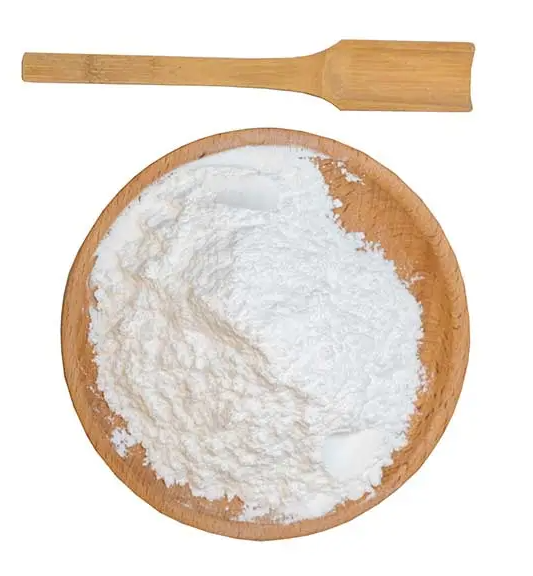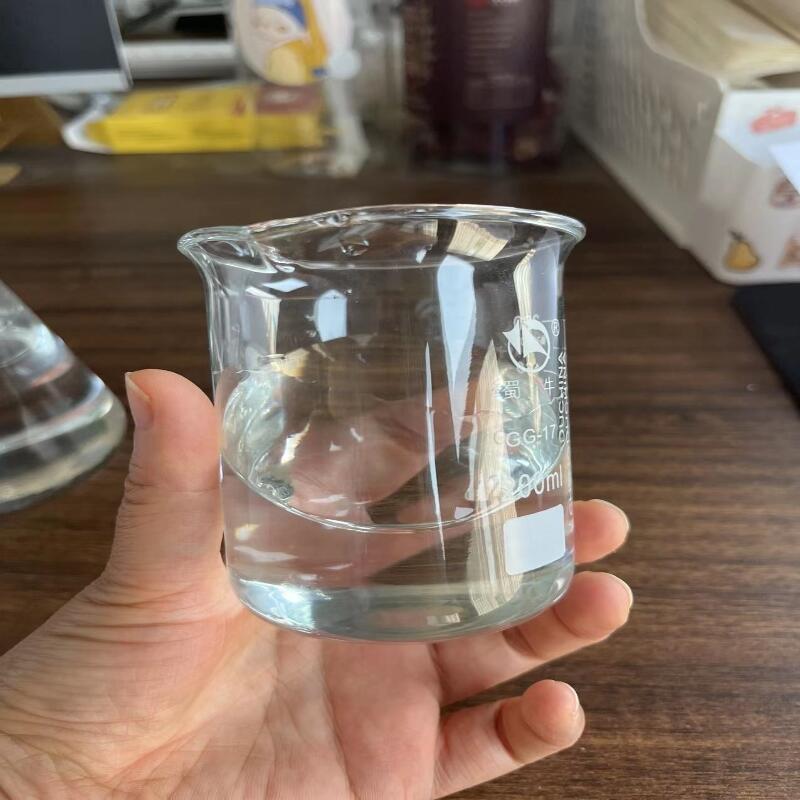Oridonin may be used in the treatment of acute myeloid leukemia
-
Last Update: 2012-04-18
-
Source: Internet
-
Author: User
Search more information of high quality chemicals, good prices and reliable suppliers, visit
www.echemi.com
A recent study led by Chen Zhu, academician of the Chinese Academy of Sciences, and Chen Saijuan, academician of the Chinese Academy of engineering, has made important progress The researchers found that oridonin has potential therapeutic effect on AML with t (8; 21) chromosome translocation Related research papers have been published in the journal Science Translational Medicine, which was founded by the American Association for the advancement of science It is reported that AML with t (8; 21) is the most common type of AML, accounting for 12% - 20% At present, it is mainly based on anthracycline and cytarabine chemotherapy drugs, but the effect is not good The median survival period of patients is only 2 years, and the 5-year survival rate is less than 40% The researchers found that oridonin, a natural organic compound of kaurene diterpenoids isolated from the genus Camellia in Labiatae, can selectively kill t (8; 21) leukemia cells The mechanism study shows that oridonin can up regulate the level of ROS in cells, and it can also bind to AML1-ETO, which is a kind of leukemia specific oncoprotein, and play a role in inhibiting tumor factors It has been shown that oridonin can inhibit the activity of leukemic initiating cells and significantly prolong the survival time of AML mice carrying t (8; 21) when combined with other leukemic drugs The Journal of Science Translational Medicine commented that this work applied modern medical research methods to conduct in-depth biological function research on the effective ingredients extracted from Chinese herbal medicines, which has important scientific value Researchers from the State Key Laboratory of medical genomics, Shanghai Jiaotong University / Shanghai Institute of Hematology, Shanghai Institute of life sciences, Chinese Academy of Sciences and other institutes of Health Sciences participated in the study.
This article is an English version of an article which is originally in the Chinese language on echemi.com and is provided for information purposes only.
This website makes no representation or warranty of any kind, either expressed or implied, as to the accuracy, completeness ownership or reliability of
the article or any translations thereof. If you have any concerns or complaints relating to the article, please send an email, providing a detailed
description of the concern or complaint, to
service@echemi.com. A staff member will contact you within 5 working days. Once verified, infringing content
will be removed immediately.






